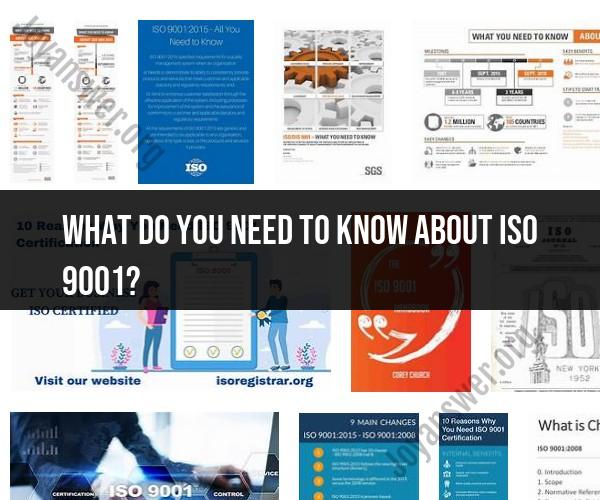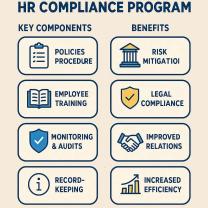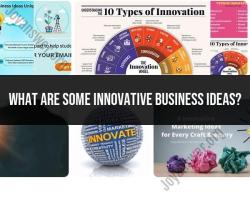What do you need to know about ISO 9001?
ISO 9001 is a globally recognized standard for quality management systems (QMS) that helps organizations ensure they consistently meet customer requirements and regulatory standards while enhancing customer satisfaction. Here is key information you need to know about ISO 9001:
1. Purpose of ISO 9001:
- ISO 9001 sets out the criteria for establishing, implementing, maintaining, and continually improving a quality management system. Its primary goal is to enhance customer satisfaction by delivering products and services that meet or exceed customer expectations.
2. Applicability:
- ISO 9001 is applicable to organizations of all sizes and across various industries, including manufacturing, service, healthcare, education, and more. Any organization that seeks to improve its quality management practices can benefit from ISO 9001.
3. Structure and Requirements:
- ISO 9001 follows a common structure known as the High-Level Structure (HLS), making it compatible with other management system standards like ISO 14001 (environmental management) and ISO 45001 (occupational health and safety).
- The standard outlines specific requirements organized into several clauses, including context of the organization, leadership, planning, support, operation, performance evaluation, and improvement.
4. Principles of Quality Management:
- ISO 9001 is based on a set of quality management principles, including customer focus, leadership, engagement of people, process approach, improvement, evidence-based decision making, and relationship management.
5. Process Approach:
- ISO 9001 emphasizes a process approach to quality management. Organizations are required to identify, document, and manage key processes that impact product or service quality.
6. Continual Improvement:
- A fundamental aspect of ISO 9001 is the commitment to continual improvement. Organizations are encouraged to monitor, measure, analyze, and enhance their processes and systems over time.
7. Risk-Based Thinking:
- ISO 9001 incorporates a risk-based approach to quality management. Organizations must identify and address risks and opportunities that could affect the achievement of quality objectives.
8. Documentation and Records:
- ISO 9001 requires organizations to maintain documented information related to their quality management system, including policies, procedures, work instructions, and records.
9. Certification and Auditing:
- Organizations can seek ISO 9001 certification through accredited certification bodies. Certification involves an external audit to ensure compliance with the standard's requirements.
- Internal audits are also a key component of ISO 9001, where organizations assess their own quality management system for compliance and improvement opportunities.
10. Benefits of ISO 9001:- ISO 9001 certification offers several benefits, including improved product and service quality, enhanced customer satisfaction, increased operational efficiency, better risk management, access to new markets, and a competitive advantage.
11. Revision and Updates:- ISO 9001 is periodically revised to ensure its relevance and effectiveness.
12. Integration with Other Standards:- ISO 9001 can be integrated with other management system standards to create a more comprehensive approach to organizational management. For example, organizations can integrate ISO 9001 with ISO 14001 (environmental management) and ISO 45001 (occupational health and safety).
13. Continuous Commitment:- Achieving ISO 9001 certification is not a one-time effort but a commitment to ongoing improvement and compliance. Organizations must continually monitor and update their QMS to maintain certification.
ISO 9001 provides a structured framework for organizations to consistently deliver high-quality products and services, meet customer needs, and drive operational excellence. It is a valuable tool for enhancing competitiveness and demonstrating a commitment to quality.












